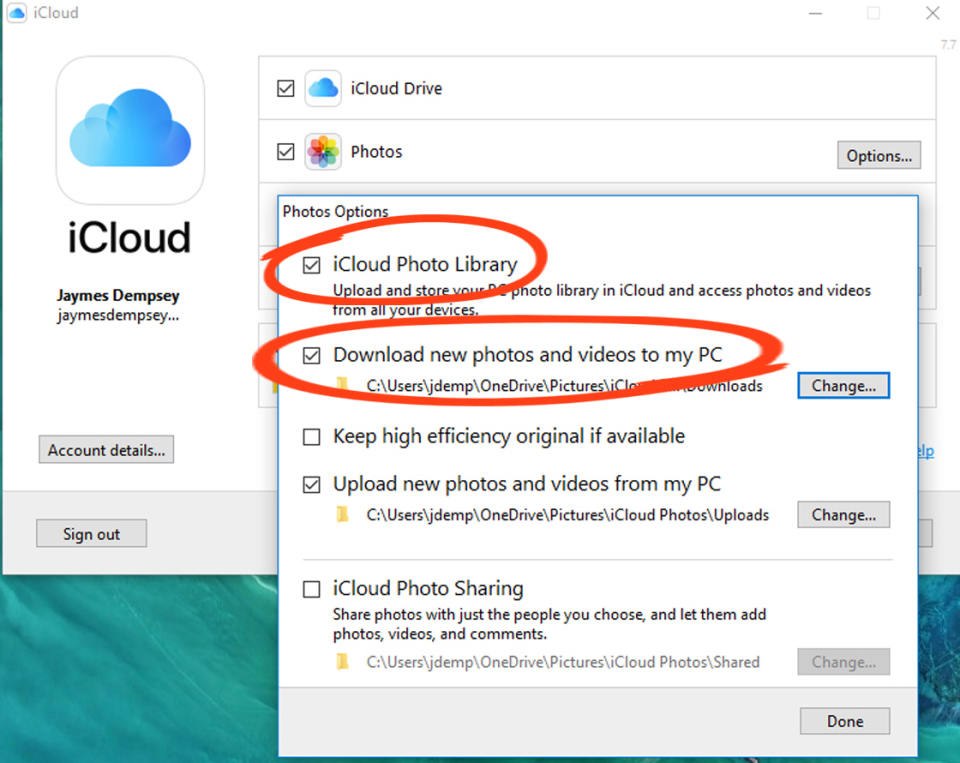


What do you think? Does Android benefit from anti-malware software? Do you think Google is taking the right steps to prevent malware from even making it into the Play Store? Share your thoughts in the discussion thread below.It does all this without any input from you and is pretty fool-proof. To keep your device safe, make use of a malware scanner (such as Malwarebytes). However, that popularity comes with a price - malware. But, in the event your device doesn’t perform well with this option enabled, you should use Malwarebytes as a manual scanner rather than remove it.Īndroid has become one of the most widespread platforms on the plant. Ideally, you should allow Malwarebytes to run as a real-time process to ensure a constant malware-free platform. I highly recommend doing this at the end of each day (to ensure a clean device). Here’s the deal - now that you’ve disabled real-time scanning, you have to manually run the scan on your device.

With this set up, you might notice a hit on your battery life and responsiveness of your smartphone or tablet (depending upon the device in question). By default, Malwarebytes installs as a real-time scanner. But there could be one drawback - resource consumption. The Malwarebytes Android solution is amazingly effective and simple to use. One such solution happens to be my often-recommended solution for the Windows desktop: - Malwarebytes. To this end, I always recommend protection. No platform is completely immune to malware - not even Android. However, if you find this tool taking up too much of your devices resources, Jack Wallen has the solution. Malwarebytes is a great app for protecting your Android device. How to use Malwarebytes wisely to prevent Android slowdowns


 0 kommentar(er)
0 kommentar(er)
